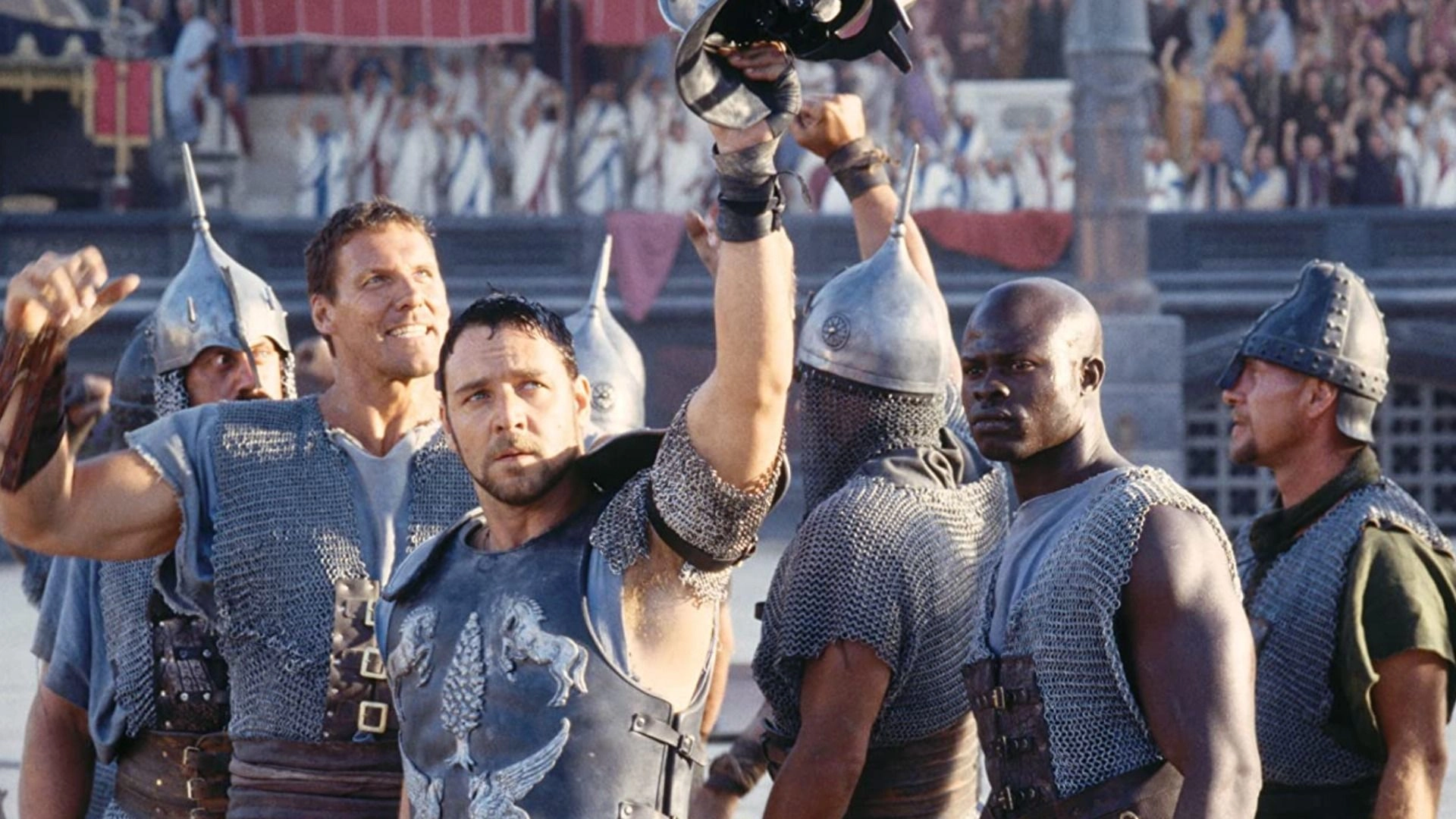
The illustrious world of Hollywood has recently been thrust into the limelight, not for its usual reasons of glamourous premieres or award ceremonies, but due to allegations made by extras on the set of director Ridley Scott's sequel to Gladiator. These part-time actors allege that their faces were scanned without their express consent, to create AI renditions intended for use in crowd scenes.
As reported by the Times of Malta, the incident occurred while filming in the Mediterranean island nation, known for its historical towns and crystal-clear waters, which gives it a perfect backdrop for the epic historical saga. Several extras were reportedly directed to enter a photo booth where their faces were digitally scanned. While some claimed that this was done without their permission, others stated that though they willingly participated, they were unaware of the implications.
The staff members supervising this activity allegedly provided scanty explanation to the extras about the purpose of these digital scans. One of them explained, "We were directed into a photo booth where our likeness was scanned by some kind of technology but given no proper explanation. They mentioned something about using it to 'fill in gaps in the crowd' but offered no technical summary or information about our rights to our own face.”
Some extras also expressed a certain level of discomfort during this process. They described the atmosphere as highly rushed, without any room for questions or refusal. “There was this overarching sense of urgency and it was as if we weren't supposed to ask questions or say no,” an extra shared.
While the extras were compensated for their work, the lack of explanation or transparency about the use of their digital likeness raised concern. Many are now left wondering if these AI-based models of themselves could turn up unsolicited in other forms of media.
On September 1, a crew member named Matthew Maggi reportedly took to Facebook to raise an alarm. He asked the Gladiator 2 extras to come forward, insinuating that their careers in the film industry may now be at risk due to potential misappropriation of their digital likeness by major studios.
This allegation adds to the ongoing discourse amidst the Screen Actors Guild - American Federation of Television and Radio Artists (SAG-AFTRA) strike, where actors are calling for greater protection of personal likeness rights against misuse by AI. They seek to prevent studios from replicating not just their physical appearances, but also their voices without permission. The daughter of recently late actor Robin Williams pointed out a similar incident where her father's voice was used across various media without permission from his family or his estate.
The shocking claims have shone a spotlight on the ethical implications of technology integration within the film industry, leading the audience to eagerly await the next development in this saga. It also serves as a reminder of the need for clear and explicit consent policies regarding the use of technological advancements, ensuring that the rights and privacy of all involved are well protected.
You must be logged in to post a comment!